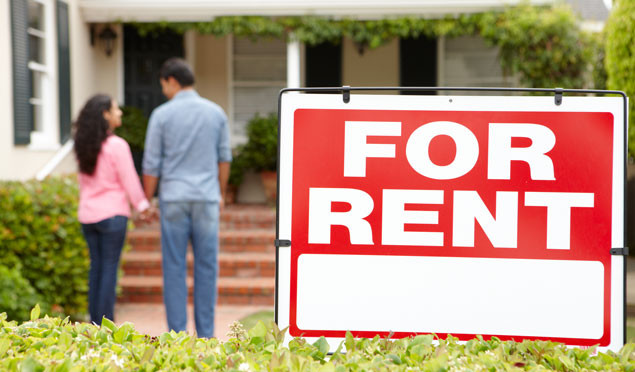Buying a property to rent

Last updated on 12th December, 2017 at 05:13 pm
Property has proven itself time and again as a dependable medium- to long-term investment. Getting a tenant will help to pay off your bond, but there are potential drawbacks. We investigate.
The relationship between landlord and tenant is governed by the Rental Housing Act, which stipulates the rights and responsibilities of both parties.
Vetting your tenant
A prospective tenant may look good on paper, but do go through all procedures. This includes paying for a credit check. Also, don’t be shy about interviewing potential tenants. Ask them:
- For references from former landlords and their current employer and follow up on them
- How much they earn
- How many people will be living on the property
- If they have pets
- Why they left their previous home
- Proof of income and FICA compliance
Of course, even if they tick all the boxes, there is no guarantee that they won’t cause damage and do a midnight flit, which brings with it all the associated repair costs.
Lease agreement
A written and signed lease will always provide some sense of security. Go for a long-term rental agreement; this will save you the time and money spent having to go through the whole process every year or so. It will also save the cost of paying the bond yourself if your property stands empty for any length of time between tenants.
Maintenance
Buying a property means maintaining your investment. The law is fairly grey as to who is responsible for what, so it’s best to specify maintenance duties in the lease agreement. The rule of thumb is that the landlord is responsible for “fair wear and tear”, which includes repairing major leaks, the geyser and electrics, as well as other big-ticket items. The tenant then takes care of the day-to-day upkeep, such as mowing the lawn and changing lightbulbs.
What happens if your tenant doesn’t pay the rent?
The lease agreement should specify the amount and when and how it should be paid each month. Non-payment is every landlord’s worst nightmare. If your tenant has hit some sort of temporary financial snag and is otherwise a good tenant, think about negotiating a payment plan. If it becomes a chronic problem, you can’t just evict them. You need to go the legal route through a court order or the Rental Housing Tribunal, which, again, takes time and money.
Getting an agent
You can circumvent these headaches by employing a property management agent, who will carry out all the necessary checks, collect the rent, carry out inspections and take care of the maintenance. For the service, they will naturally deduct their fee before handing over the balance of the rent to you, but it will take the hassle out of doing all this yourself.
By Nicci Botha
Want to learn more?
We send out regular emails packed with useful advice, ideas and tips on everything from saving and investing to budgeting and tax. If you're a Sanlam Reality member and not receiving these emails, update your contact details now.
Update Now







